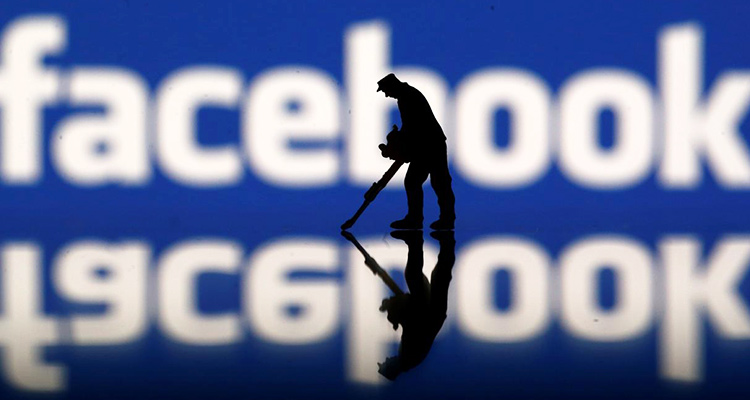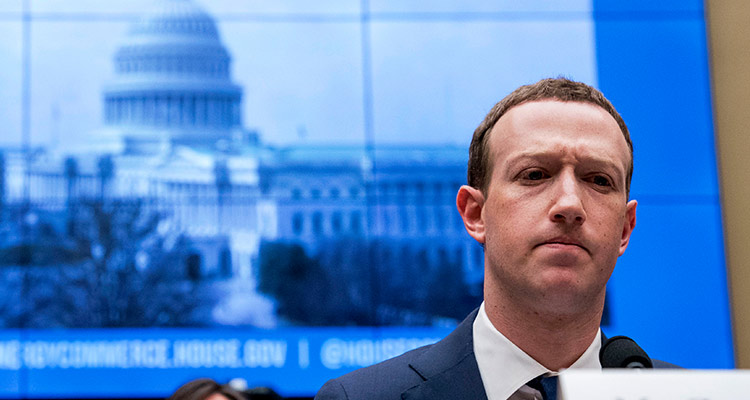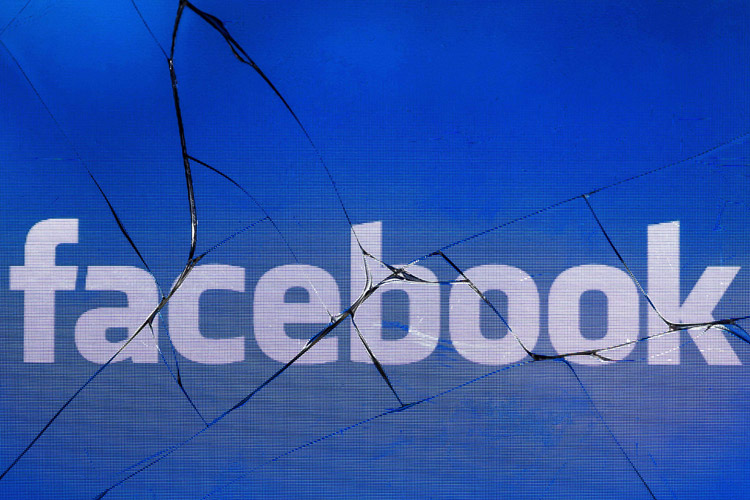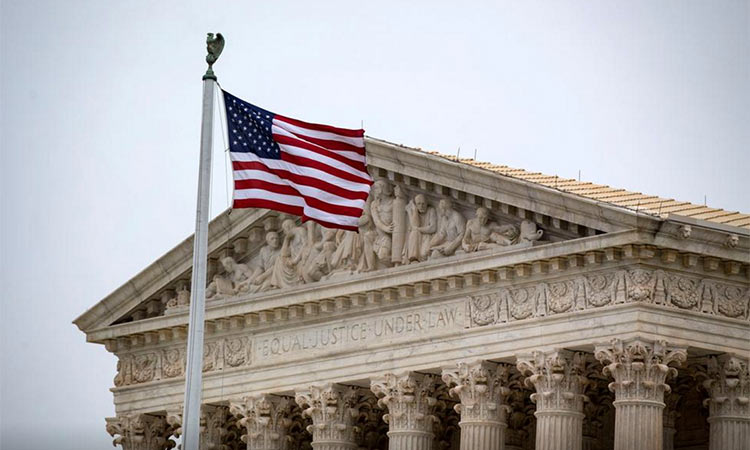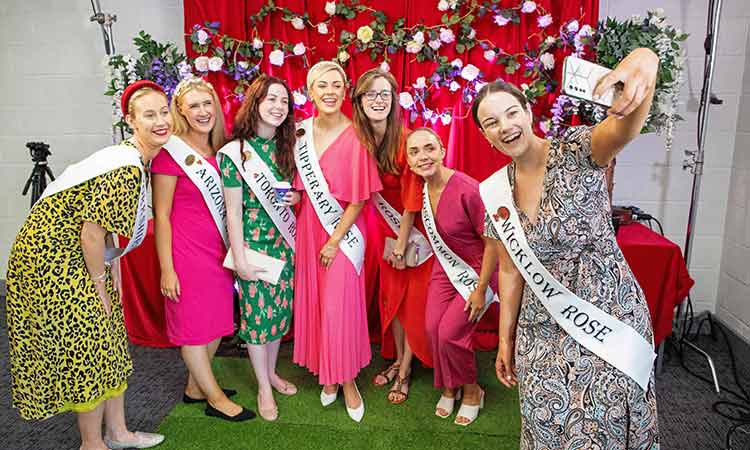Racism runs deeper than FB’s algorithm
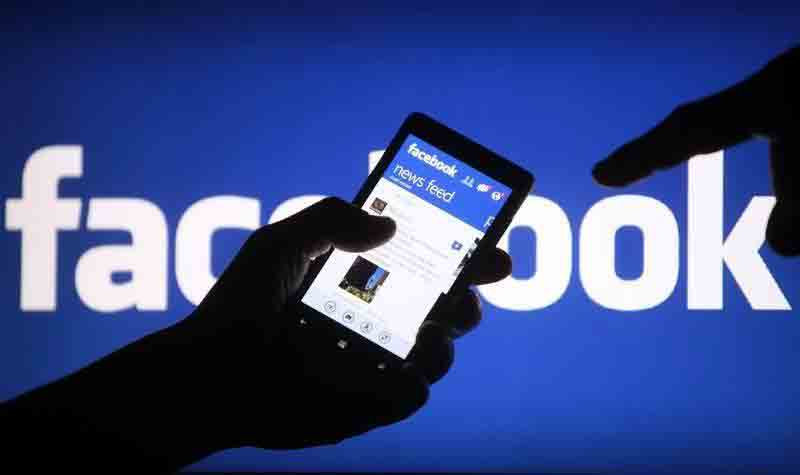
A man shares a post on social media.
Every citizen of a multicultural background breathed a sigh of relief when Facebook announced that it would – finally – extend their ban on hate speech to include white nationalists. This decision is overdue and welcome.
But is Facebook really the problem? Politicians, policymakers and opinion formers are overwhelmingly white. This gives a subliminal endorsement to ideas of white nationalism, whether we realise it or not. Only a multicultural politics across Europe – with ethnic minorities taking the steering wheel, not placed in the back seat (or even in the boot) as a token – can stop the rise of white supremacy.
It is disappointing that we have reached this stage. Social media promised us a new era of democracy, where all voices would have a platform. But in many cases, social media companies are behaving less like grassroots amplifiers and more like outdated oligarchic publishers. They found themselves, perhaps somewhat unwittingly, as inheriting the legacy of old-fashioned press barons, wielding power over not only populations, but the elites who rule them.
But there was one difference: they operated without the norms and (often unwritten) rules of the traditional media when it came to journalistic standards. Instead of editors, they were staffed by executives with the Silicon Valley mentality of fast growth – at any cost.
The only thing that really mattered in this world was metrics – metrics that lead to revenue, and ultimately, valuations. The algorithms did the work: more and more extreme ideas were propagated, because people kept scrolling and clicking. Similar to adult sites, social media became a source for user-generated ideological pornography. And much of it was hardcore.
But Christchurch changed everything. If tranquil, tolerant, idyllic New Zealand was not safe from social media inspired terrorism, imagine what can happen in Europe? All this makes Facebook’s recent (albeit implicit) acceptance of responsibility an important step. But is Facebook’s hate problem the cause, or just a symptom? Facebook has become a bogey man for politicians desperate to divert attention away from their own problems. White supremacist content on the platform was merely reflecting the wider trend in our politics.
The whitest places in the world are the corridors of power of many European capitals. This is true even in countries like Germany who have been very tolerant to immigrants and refugees. This tolerance, however, has not extended to the political process, and has instead focussed more on the fact immigrants often do the low-paid jobs others won’t do. Multicultural candidates are either sidelined or used tokenistically and kept away from real power by too many mainstream parties. And those who do near the top, often do not like what they see – just as Baroness Warsi and her ongoing efforts to confront Islamophobia in the UK’s ruling party demonstrate.
And before we blame conservative politics, let’s remember that Mesut Ozil had a similar experience with Germany’s ostensibly apolitical football team, despite being one of the greatest German players of his generation.
Experiences like this are tragic, because the only way to really create the multicultural Europe many of us want is to start at the top. Before blaming Facebook for white supremacy, let’s check who is being allowed into our parliaments – including in Brussels. As long as traditional parties are in denial about the problem, new multicultural parties will fill the gap. White candidates are a minority in my party, but our supporters are from a range of backgrounds – including “native” Europeans.
This isn’t a call for political segregation. This is simply amplifying a voiceless section of society. The same criticisms faced by parties like mine have been heard before when the working classes first founded Labour movements, and then, political parties.
The old crypto-feudal system didn’t want to die then – and the current monocultural regime isn’t ready to go now. Just as those left wing parties achieved what were once unimaginable changes in society, we are hoping to do the same around issues most affecting multicultural communities.
It’s going to be a long journey – and it will take more than a tweak to Facebook’s algorithm to make it happen. What we need is a new generation of multicultural parties and candidates, who realise we are all in the same boat and want to build the societies of tomorrow – not re-enact the societies of yesterday.
